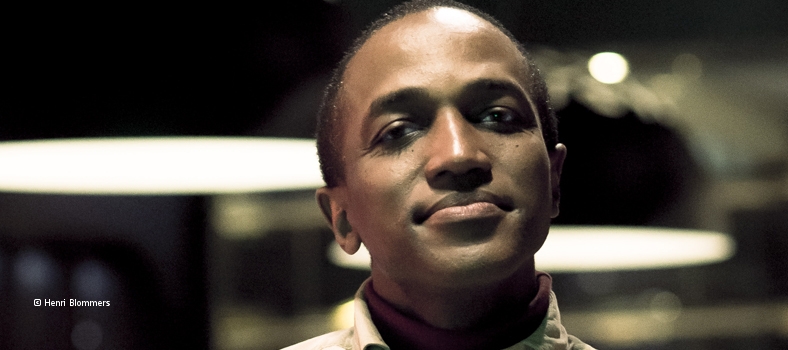According to a report by Human Rights Watch, there were 231 acts of violence against gays, lesbians, bisexuals and trans* people (LGBTs) in Jamaica between 2009 and 2012. Together with the anti-gay laws, this is fuelling the HIV epidemic on the island. Jamaican-born Maurice Tomlinson was elected in 2012. publicly outed in a Jamaican newspaper. Since then, he has been threatened with death. This has not stopped him from continuing to campaign for LGBTs and people with HIV on the Caribbean islands.
Maurice, what makes Jamaica one of the most unsafe countries for LGBT people?
A combination of culture, religion and music. It started with the arrival of the American evangelists at the end of the 1970s. This coincided with the emergence of HIV and AIDS. The musicians of today grew up in that era and were forced by their fundamentalist Christian background to go to church where they heard the anti-homo sermons of the evangelists. Jamaican music is the most homophobic music in the world with lyrics calling for the murder of gays and the rape of lesbians. You hear the music everywhere, on the bus, on the radio, on the street. Today, we no longer need American evangelists to spread hate. We have our own hate preachers.
In 2012 you were publicly outed in the Jamaica Observer, after which you had to leave the country. Why did they do that?
If you believe that homosexuals are an abomination and are responsible for disasters such as hurricanes and earthquakes, then you feel obliged to pass on this information. You can also see this in the violence against homosexuals. It's not just about beating them up, but above all about eradicating homosexuality. This kind of ideology can only be based on religion.
And yet you are married to a pastor. Have you never come into conflict with your faith?
Yes, of course. My father used to watch the evangelists preaching hate on TV all the time. As a child, I always asked myself: How can the Christian faith be so mean and hateful? How can you believe in a God who spreads so much hate? Jesus walked with everyone and didn't exclude anyone. It's not about my sexuality, it's about my humanity. When you wring out all the negativity, you are left with a faith that embraces and enriches everyone.
According to UNAIDS, 32 % of homosexual men in Jamaica are infected with HIV. There is a direct link between homophobia and ignorance.
Indeed it is. But this is not just a problem for homosexuals. Sixty per cent say that they also have sex with a woman because they believe that this will cure them of their HIV infection. This creates a bridge to the heterosexual population.
Where can you get good HIV care in a homophobic country?
That is difficult. In small countries like the Dominican Republic, people don't dare to seek help. They wait until they fall ill and then fly abroad to get a month's worth of medication. Travelling costs money, you can't always do it, so there is often no medication. This can lead to resistance, which can result in death.
In Jamaica it's a bit better. If you live in Kingston, you can go to Montego Bay [note: the second largest city in Jamaica after Kingston] to get medication there. This is of course easier if you have enough money to travel.
You are very active on Facebook, where everyone can see what you are doing. Why are you so open?
This is part of my strategy to make Jamaica's homosexual population as visible as possible. There are a lot of myths about us, and in this way I hope to provide more clarity. There is a lot of fear about LGBTs. I show how boring, but also how fantastic my life is with my husband and son.
What keeps you on your toes?
There are many things that motivate me. First and foremost my faith. And also the reports from the people I work for, who are constantly contacting me on Facebook and asking me to do something for them. I know violence and there are two things you can do when you are confronted with it: run away or fight back. I am a fighter.
Do you think progress is being made in terms of human rights?
When you go into a storm, it's difficult to see exactly where you are. But I can certainly see progress. The fairy tales and untruths are slowly disappearing. We will get our rights, both nationally and internationally. And more and more people are coming out: allies and LGBTs themselves. This visibility is important for us. We have to step out of the shadows.
And what is the situation of people with HIV?
I am enthusiastic about the HIV drugs and the research into functional cures. Nowadays we know much more about the effect of the drugs on the viral load. We also have to work hard in this area to disprove myths. I'm totally happy in my job, but I don't actually want it. Aids must become history.

(This text first appeared - unabridged - in the HIV magazine hello gorgeous. Many thanks to editor and author Leo Schenk and photographer Henri Blommers for permission to publish).









